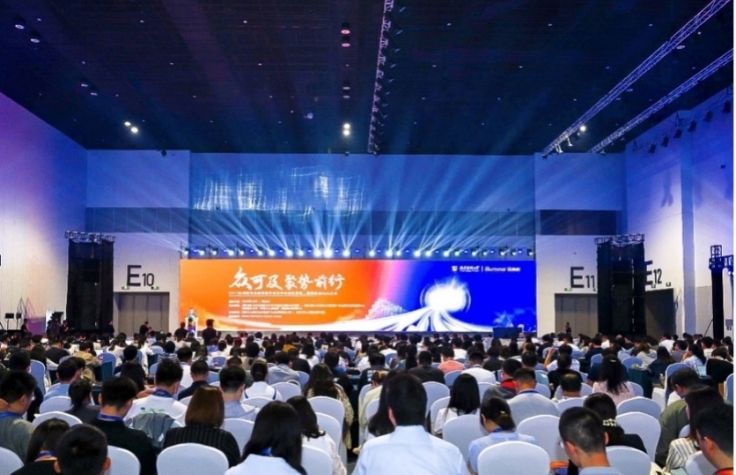
October 17, 2023
Over the past quarter century, the swift evolution of genetic sequencing technology combined with big data science has opened new avenues for analyzing large-scale bioinformatics data. This advancement has encouraged the world’s biggest economies to invest in large-scale, population-based cohort studies. China, an early adopter of precision medicine, has planned a 15-year project with a budget of approximately US $9.2 billion.
Ever since China’s 13th Five-Year Plan was implemented in 2016, the country’s central and local governments have persistently fueled rapid growth in the health care and biotechnology sectors, launching numerous large cohort studies focusing on natural population health and specific groups with major diseases.
In September 2023, Nanjing Medical University, Illumina, and Nature Research Custom Media co-organized the Cohort Study and Translational Precision Medicine Forum, in conjunction with Illumina's third NGS Summit, in Nanjing, China. The forum brought together eminent scholars from China, the UK, the US, and Singapore, over 30 of whom specialize in cohort studies. They discussed the development of cohort study in China, shared their research experiences, and brainstormed opportunities for global collaboration.


The UK Biobank (UKB), the world's earliest and most comprehensive biobank model, has collected health data from 500,000 people throughout the UK aged 40–69, totaling about 15 million biospecimens. This means that approximately seven out of every 1000 people in the UK have participated, contributing an average of 30 biospecimens each.
"UKB brings together the power of government, research institutions, and industry funds to achieve the goals of large-scale public support, in-depth analysis of the samples, open sharing of the data, and successful interfacing with medical research and development,” said Emanuele Di Angelantonio, professor of clinical epidemiology and donor health at the University of Cambridge. “Its unique openness provides distinctive value to scientists and researchers—both offering data to guide practice and enabling new etiological insights, allowing scientific 'big data' to be constantly refreshed. As a result, a wide range of organizations can join in to create synergies that make the biospecimen repository operate in a sustainable way, so that its full health impact can be unleashed."

Lin Dongxin, professor and director of the Department of Etiology and Carcinogenesis at the Cancer Institute and Hospital, Chinese Academy of Medical Sciences, and Peking Union Medical College, said: “Cohort studies show unparalleled value in helping us to understand the cause of diseases prevalent in China and to seek measures for prevention and treatment. For example, roughly half of all esophageal cancer patients in the world are from China, and our technology of early screening and diagnosis of esophageal cancer translated from scientific research results is ranked top in the world. The establishment of a basic health database for the Chinese population is of great significance to the improvement of national health and even to the promotion of global research on the risk factors of chronic diseases and global etiology."
In recent years, emerging technologies have accelerated new discoveries in scientific research. Combined with advances in bioinformatics analysis and interpretation, scientists can rapidly discover new insights in precision medicine.
This June, Illumina launched a new artificial intelligence algorithm, PrimateAI-3D, which uses primate genes and advanced AI techniques to enhance genetic risk prediction and drug target discovery. Illumina Vice President of Artificial Intelligence and Distinguished Scientist Kyle Farh shared his team's work at the forum, during a session on interpreting human genetic data from Illumina sequencers. He highlighted the promising potential of AI-based algorithms in genetic data analysis.


